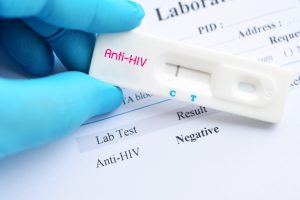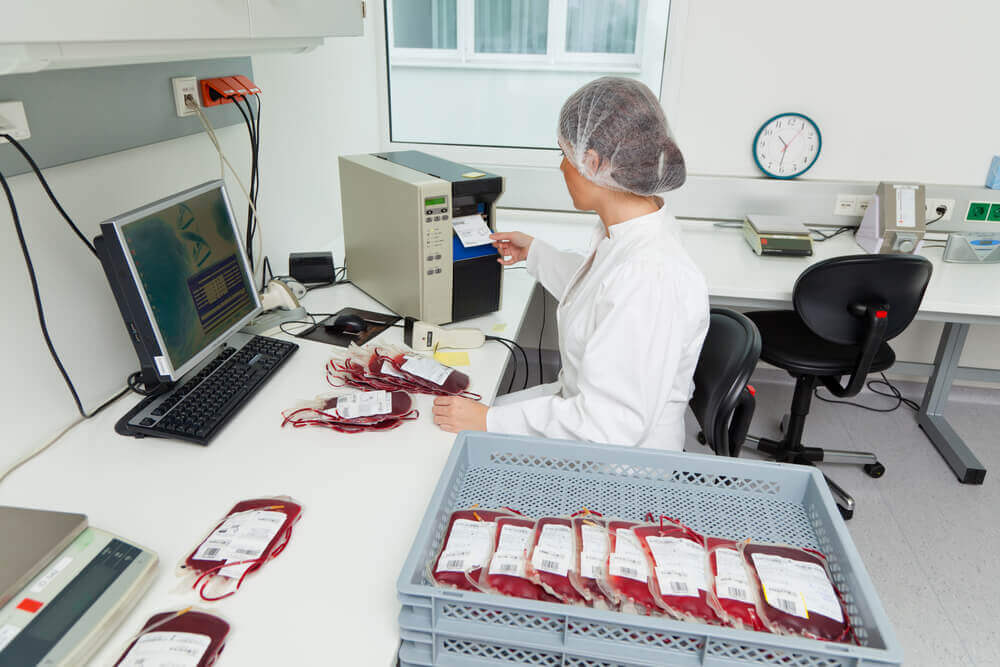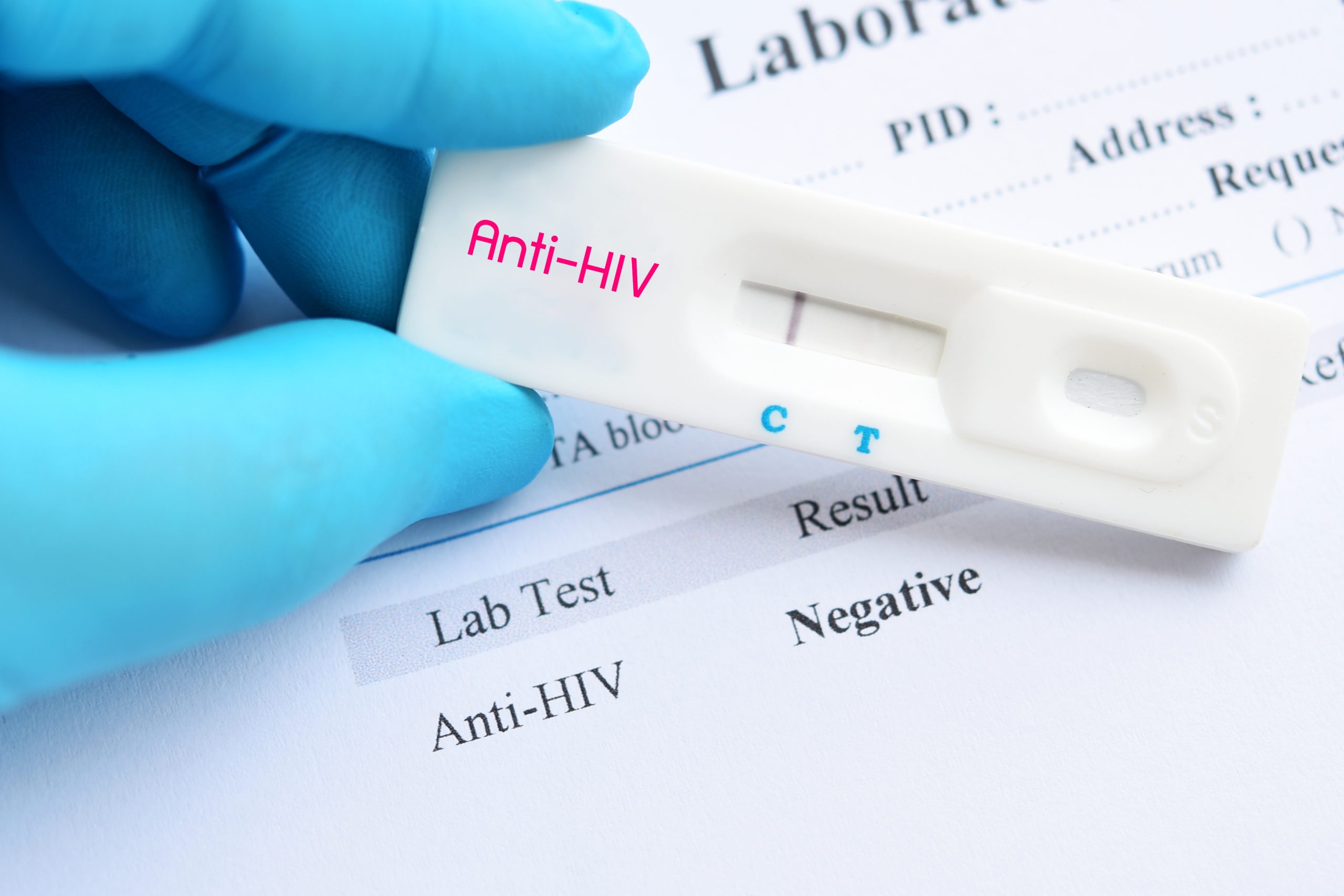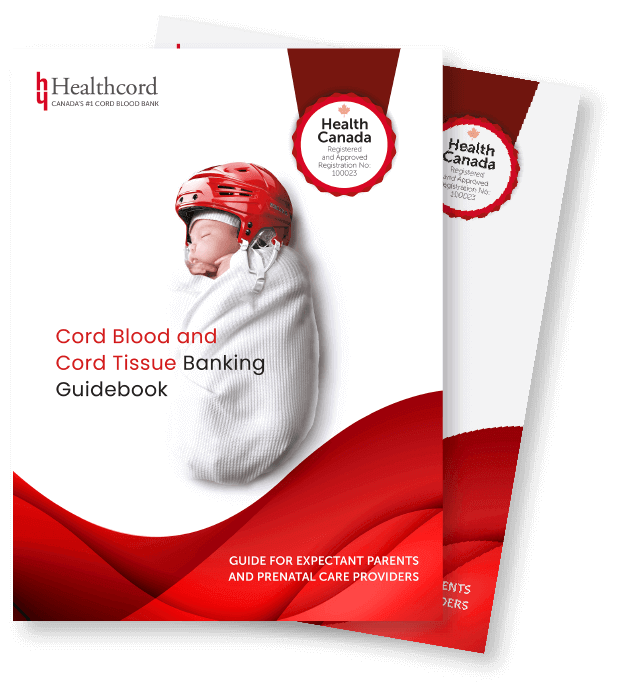
Scientists look at therapies using newborn stem cells to treat COVID-19

There are currently no antiviral drugs or effective therapies against COVID-19, which is why researchers from around the globe are looking at alternative treatment options. Here we outline clinical trials exploring stem cells, emphasizing those looking at utilizing perinatal stem cells derived from cord blood, the umbilical cord, and other placental tissue.
Severe acute respiratory syndrome coronavirus 2 (SARS-CoV-2) cases first appeared in Wuhan, China in 2019 and has since spread rapidly worldwide. COVID-19 has a high transmission rate (41.4 million affected) spreading from person-to-person via infected air droplets. This virus is also associated with a high mortality rate (more than 1 million lives lost to date).
Existing treatment options for COVID-19 include a broad range of drugs, transfusion of plasma collected from infected individuals (convalescent plasma transfusions), and respiratory therapies. Treatment options are largely supportive and are determined based on individual symptoms.
Managing inflammation
Researchers are looking into stem cell therapies, more specifically mesenchymal stem cells as an alternative treatment strategy for handling the “cytokine storm” characteristic of severe cases of COVID-19. Cytokines are messenger molecules released by the immune system. They usually play a role in fighting off infections. But in the case of COVID-19, very high levels of cytokines are released that they trigger tissue damage in the lungs, affecting lung function.
A case for stem cells
Previous studies have shown that mesenchymal stem cells (MSCs) may be effective and safe for treating inflammatory lung disease in animal models. These stem cells have anti-inflammatory properties and can be introduced without triggering the immune system (immune-privileged). When administered intravenously, they can travel to sites of inflammation or injury in the lungs are kept in the lungs.
There are few different sources of MSCs, including perinatal tissue like the umbilical cord and the placenta. Perinatal tissue however represents an easily accessible, non-invasive source for MSCs. This explains why 43 of the 111 clinical trials involving stem cells registered in the first half of 2020 involved perinatal MSCs.
Many of these trials are still on going. Below are two completed studies with promising results.
- Phase I clinical trial with umbilical cord MSCs (UC-MSCs)
This study included 18 hospitalized patients with COVID-19 with either moderate or severe pulmonary disease. Patients assigned to the treatment group received three rounds of UC-MSCs. During the trial, only one patient in the treatment group needed mechanical ventilation compared to the four patients in the control group who needed this intervention.
- Treating severe COVID-19 with UC-MSCs
This study involved 41 patients with severe COVID-19 who were not responding to standard treatment options (oxygen, antiviral agents, antibiotics, glucocorticoid therapy). Twelve of these patients received UC-MSCs. The rest continued to receive standard treatment options mentioned above. In the control group, the condition of four patients deteriorated, and 3 of them died. In comparison, the mortality rate was zero for the treatment group during the trial. Investigators also noted that clinical symptoms associated with COVID-19 improved faster in the treatment group.
A list of additional clinical trials involving stem cells can be found here.
Hope for the future
As this pandemic continues to place a massive burden on our healthcare systems, there is much need for new ways to tackle COVID-19 and minimize its impact. The two studies we highlighted show promising results. But, more clinical trials are necessary before researchers can determine whether umbilical cord stem cells may become a standard treatment option for COVID-19 in the future.
We will continue to post updates on new therapies and treatment options looking at using newborn stem cells in our blog. Be sure to visit us often so you can stay informed about the latest happenings in stem cell therapies.
References
Harrell CR, Sadikot R, Pascual J, Fellabaum C, Jankovic MG, Jovicic N, et al. Mesenchymal stem cell-based therapy of inflammatory lung diseases: current understanding and future perspectives. Stem Cells Int. 2019;2019:4236973. DOI: 10.1155/2019/4236973.
Atluri S, Manchikanti L, Hirsch JA. Expanded umbilical cord mesenchymal stem cells (UC-MSCs) as a therapeutic strategy in managing critically Ill COVID-19 patients: the case for compassionate use. Pain Physician. 2020;23(2):E71–e83.
Verter F, Silva Cuoto P. Development of COVID-19 therapies from birthing tissues and cord blood. Cord blood connect: the international congress for cord blood and perinatal tissue research. 2020; 9(S1):S15. DOI: https://doi.org/10.1002/sctm.12818.
Meng F, Xu R, Wang S, Xu Z, Zhang C, Li Y, et al. Human umbilical cord-derived mesenchymal stem cell therapy in patients with COVID-19: a phase 1 clinical trial. Signal Transduct Target Ther. 2020;5(1):172. DOI: 10.1038/s41392-020-00286-5.
Shu L, Niu C, Li R, Huang T, Wang Y, Huang M, et al. Treatment of severe COVID-19 with human umbilical cord mesenchymal stem cells. Stem Cell Res Ther. 2020;11(1):361. DOI: 10.1186/s13287-020-01875-5
Choudhery MS, Harris DT. Stem cell therapy for COVID-19: possibilities and challenges. Cell Biol Int. 2020;44(11): 2182-2191. DOI: https://doi.org/10.1002/cbin.11440
Related Posts

Novel Cord Blood Stem Cell Treatment Leads to HIV Remission


Stem Cell Transplantation Shows Potential in Stroke Recovery









